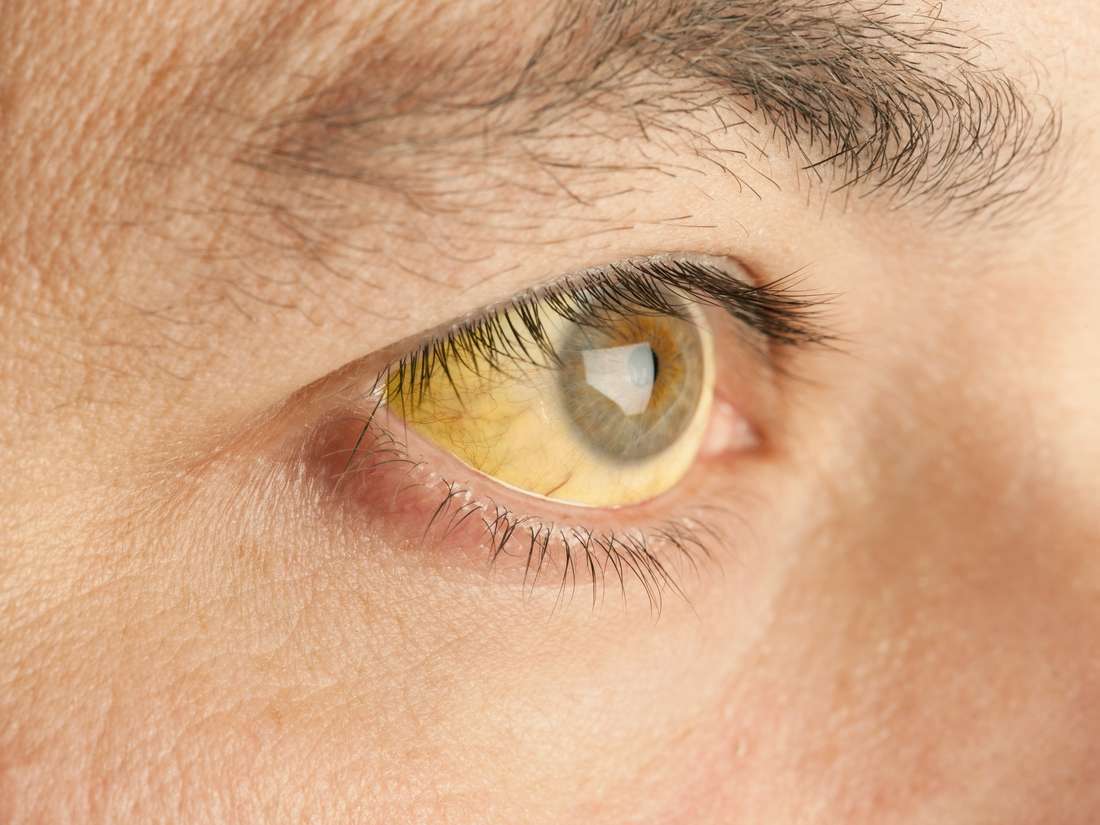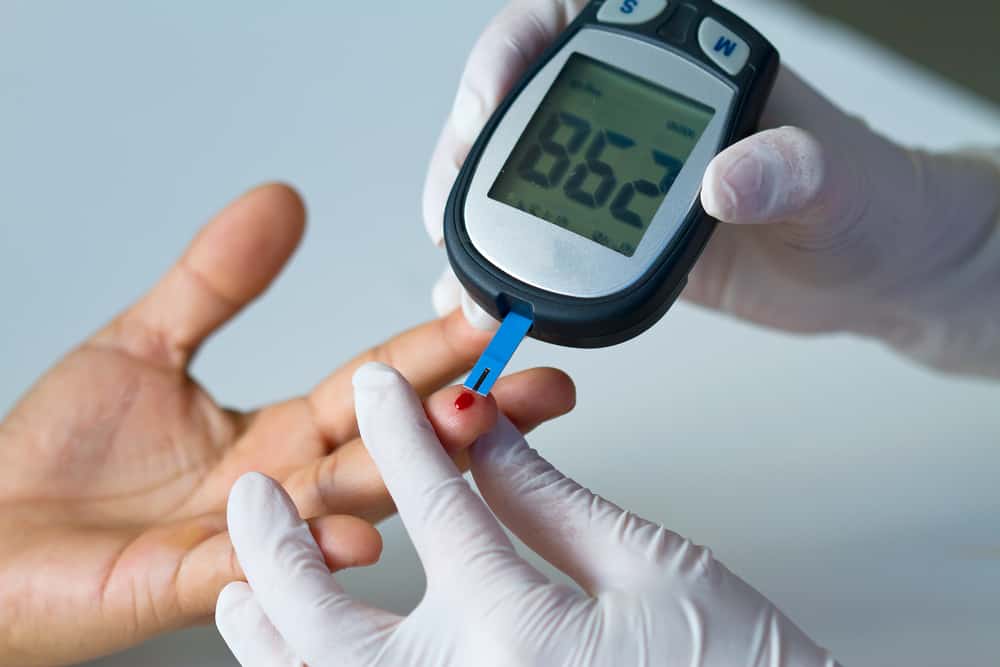Contents:
- Medical Video: From Thick Blood to Healthy Circulation
- What is the cause of gore?
- Then, why can't people who have thick blood donate blood?
Medical Video: From Thick Blood to Healthy Circulation
There are many benefits that you can get from donating blood. But not everyone can be a blood donor. Because there are a number of conditions that must be met if you want to donate blood, such as age, health condition, and weight. Likewise with blood viscosity. If you have gore, you are not allowed to join donors. What is the cause of blood loss that should not be donated to other people?
What is the cause of gore?
Thick blood or often also called hypercoagulation or thrombophilia is a disease associated with blood clotting disorders. Simply put, if you have thick blood, it means that your blood easily freezes or clots.
Citing hematology expert Dr. Johan Kurnianda SpPD-KHOM, blood is thick if the blood hemaglobin level reaches 18-19 gr / dL and the hematocrit level reaches 50-60%, which exceeds the normal value.
The most common cause of thick blood is a genetic mutation inherited from parents. How thick or runny your blood is is also influenced by many factors. Some things that affect blood viscosity are:
- Red blood cells. Red blood cells have a direct effect on blood viscosity. The more red blood, the thicker your blood will be.
- Blood fat levels. The more fat in your blood, the more thick your blood will be.
- Excess protein in the blood.
- Chronic inflammation in the body, due to smoking, diabetes, or other chronic diseases.
- There is a disease that causes blood to thicken, like lupus, polycythemia veraand other diseases.
In addition, eating lots of foods containing vitamin K can also thicken and freeze blood. For this reason, doctors do not have a standard cause why the blood becomes thicker. The doctor will conclude the cause according to the condition of your body.
Then, why can't people who have thick blood donate blood?
Blood clots due to blood that is too thick will clog the bloodstream. Reporting from Everyday Health, Mary Ann Bauman, MD, spokesperson for the national doctor for the Go Red for Women American Heart Association movement say that thick blood will move slowly throughout the body, so there will be an increased risk of red blood cells sticking to each other and forming clots. These clots then block the flow of oxygen, hormones, and other nutrients to get to the tissues and cells throughout the body.
In the body's owner, thick blood can cause low oxygen levels in cells and cause a lack of hormones and nutrients. Blood clots can affect your health in the long run. Based on the results of research from Harvard University, thick blood increases the risk of heart disease coronary, stroke, and other heart diseases. The cause of thick blood can cause a variety of heart diseases is a blood clot that blocks the flow of blood back to the heart or towards the brain, which can then lead to strokes.
The mild risk that will be experienced by recipients of thick blood donors is dizziness, the body feels weak, and shortness of breath. In some cases, blood clots from the donor can increase the risk of the same health problems in the recipient's body. Recipients of thick blood donors who have had a history of other diseases or who are in an unstable state are more at risk of having a blood clot, and / or having a stroke and heart attack.
In a few cases,blood clots received from donors can lead to complications that cause death. This is the most fatal risk that can occur due to a heart attack or stroke caused by a blockage.












